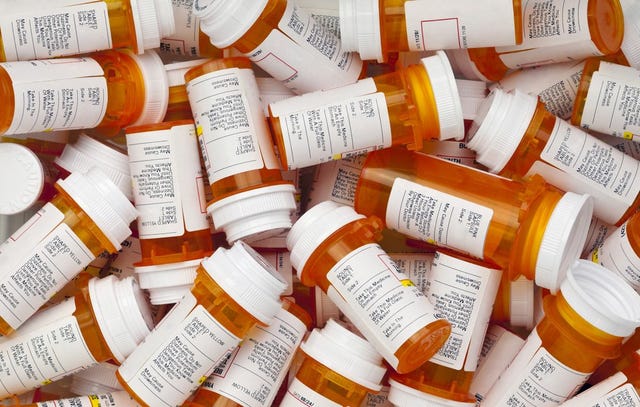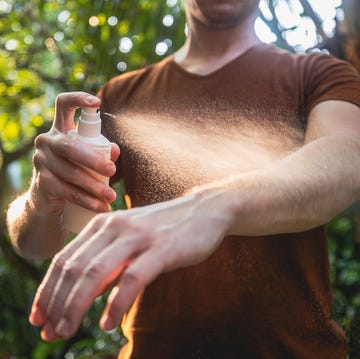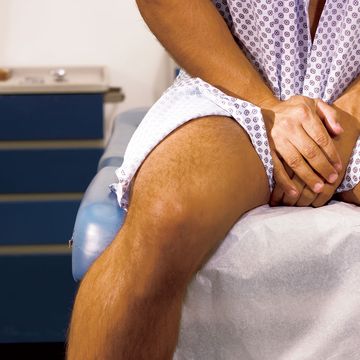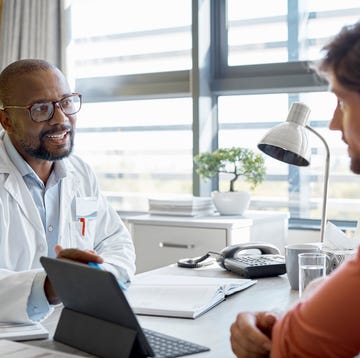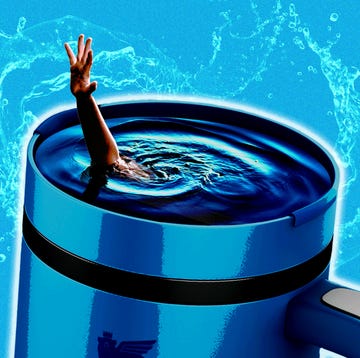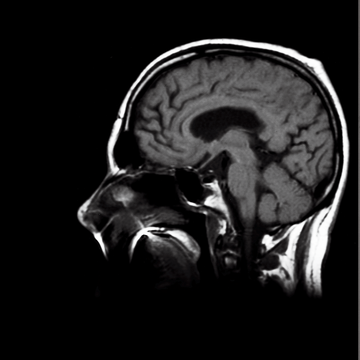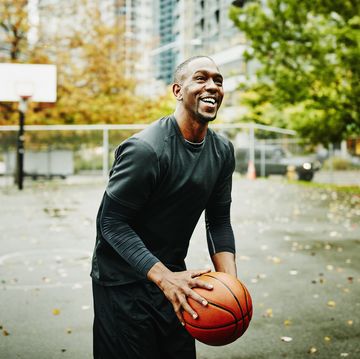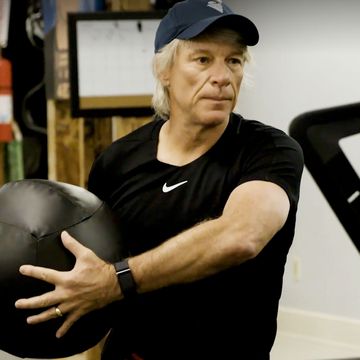It’s one case where it doesn’t pay to be prepared: 14 percent of people admit to stockpiling prescription-only antibiotics in their home medicine cabinets, a study from the Baylor College of Medicine found.
And more than a quarter of people surveyed said they’d pop the pills to treat an illness without consulting a medical professional first, the researchers discovered.
Related: 5 Conditions You Shouldn’t Take Antibiotics For
“The biggest risk of taking antibiotics without a prescription is that you may not need them for your condition,” says study coauthor Barbara Wells Trautner, M.D., Ph.D. “So you’re exposing yourself and all of your healthy bacteria to antibiotics unnecessarily.”
That raises your risk of experiencing an antibiotic-resistant infection that the pills won’t be able to kill, she says.
It also makes antibiotic-related side effects more likely, such as diarrhea, rash, nausea, and in rare, but scary situations, hearing loss or kidney damage.
Related: New FDA Rule: You Won’t Be Able to Buy Most Antibacterial Soaps Anymore
Plus, if you’re self-medicating with the pills for a condition that doesn’t even require antibiotics—say, a viral sore throat, the common cold, or bronchitis—they’re not going to make you feel any better anyway.
And the only way to know for sure whether you do have an illness that can be treated with an antibiotic is for a doctor to diagnose you.
Related: Why Antibiotics Are Only Needed 33% Of the Time They Are Prescribed
So how are people even getting their stash in the first place?
In nearly 3 out of 4 cases, the antibiotics were “leftovers” from previous prescriptions, the researchers found.
But there shouldn’t be any leftovers: Most providers will tell you to complete a course of antibiotics, even if you’re feeling better before you’re finished.
This ensures that all the bacteria is cleared out, so they won’t be able to ramp back up and make you sick again, Dr. Trautner says.
But if your doctor does tell you to stop taking your prescribed antibiotics before the course is done, you should immediately ditch the leftovers.
The best way to get rid of unused medication is to empty the contents of the bottle into a plastic bag filled with an undesirable substance, such as used coffee grounds or kitty litter, according to the Food and Drug Administration (FDA).
Then throw it out: That way, your pills become less appealing to your trash-diving toddler or someone combing through your garbage.
Plus, each year, the Drug Enforcement Administration coordinates National Take Back Day, where you can safely dispose of your unused meds in safe locations. The next event is slated for October 22, 2016.
